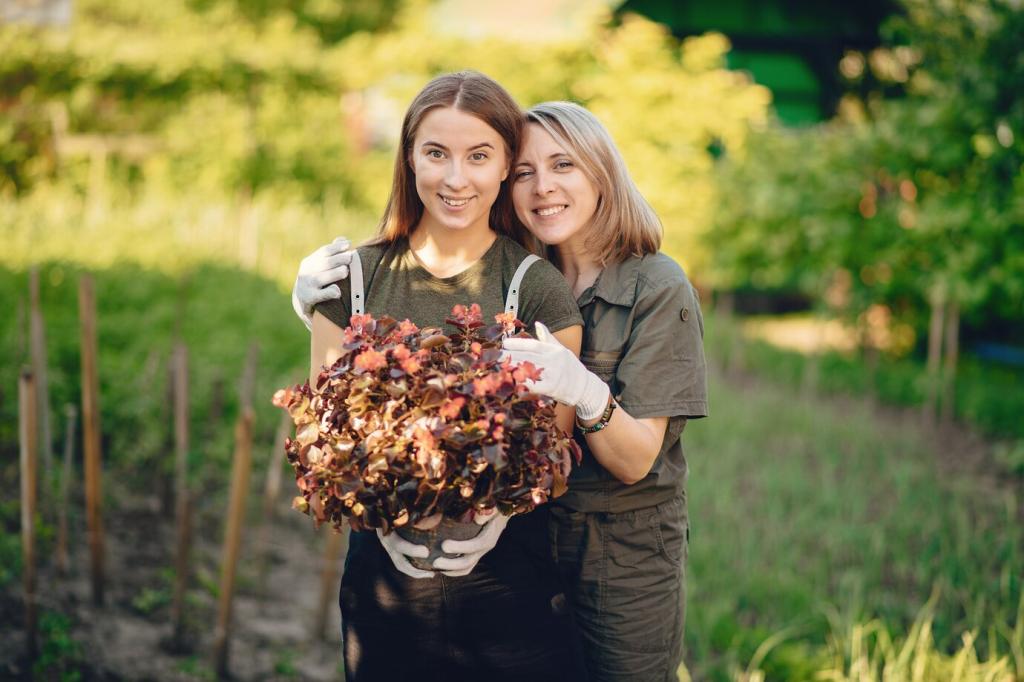Community Gardens as Mental Health Boosters
Community gardens are transforming urban landscapes and local neighborhoods, not only providing fresh food and beautiful green spaces but also functioning as powerful agents for mental health improvement. By bringing people together in nurturing outdoor environments, these gardens foster a sense of community and purpose that is vital for psychological well-being. This page explores how community gardens contribute to mental health, examining the social, emotional, and psychological benefits they deliver to individuals of all ages.

Spending time in community gardens allows individuals to disconnect from the fast-paced demands of modern life. The act of gardening requires patience and attention, fostering mindfulness as individuals immerse themselves in the sights, sounds, and scents of nature. Research has shown that physical interaction with soil and plants can lower cortisol levels, the hormone associated with stress. Within the calm setting of a garden, people find an oasis where anxious thoughts fade, replaced by a comforting rhythm of nurturing life. This therapeutic immersion has led to gardening being recognized as a valuable tool in reducing anxiety and promoting overall relaxation.

Building Meaningful Connections
Community gardens attract individuals from diverse backgrounds and all walks of life, offering a shared activity that promotes interaction. By working together toward common goals, participants form bonds rooted in teamwork and mutual respect. This social engagement can be especially valuable for seniors, new residents, or those who may otherwise feel isolated. The proximity and regularity of garden work enable meaningful conversations, reducing loneliness and fostering a sense of belonging that is foundational to good mental health.


